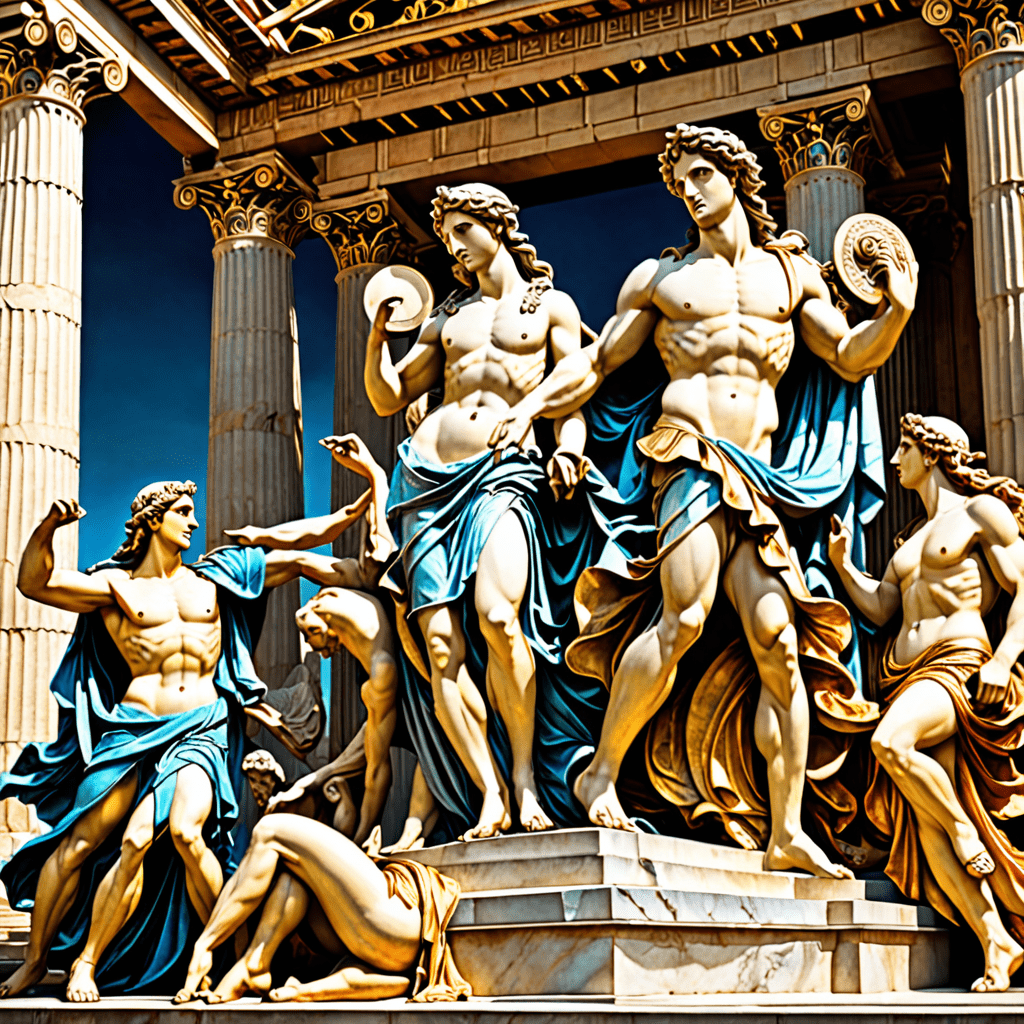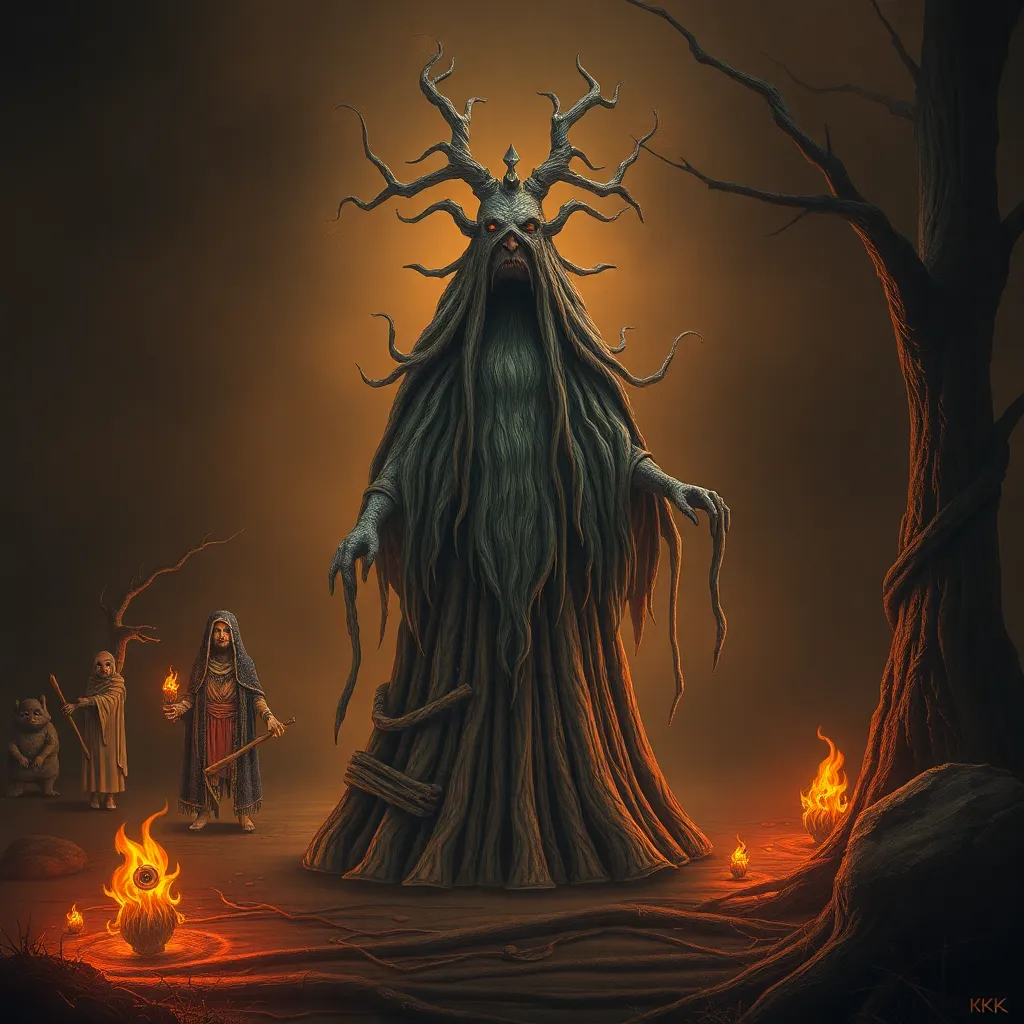The Elixir of Life: Chasing Immortality Through the Ages
I. Introduction
The concept of the Elixir of Life has fascinated humanity for centuries, embodying the desire to transcend the limitations of mortality. Defined as a mythical potion believed to grant eternal life or youth, the Elixir has inspired countless tales, quests, and philosophies throughout history.
From ancient civilizations to modern scientific endeavors, the quest for immortality reflects deep-seated human fears and desires surrounding death. This article explores the myriad perspectives on immortality, tracing humanity’s relentless pursuit of the elusive Elixir of Life, and examining its significance across cultures and epochs.
II. Historical Perspectives on Immortality
Throughout history, various cultures have grappled with the idea of eternal life, often intertwining it with their religious beliefs and mythology.
A. Ancient civilizations and their beliefs about eternal life
- Egyptian pharaohs and the afterlife: In ancient Egypt, the belief in an afterlife was central to their culture. Pharaohs were often buried with elaborate goods and mummified to ensure their safe passage to the next world, where they would reign eternally.
- Mesopotamian myths and the Epic of Gilgamesh: The Epic of Gilgamesh, one of the earliest known works of literature, tells the story of a king who embarks on a quest for immortality after the death of his friend. Ultimately, he learns that while human life is finite, one’s legacy can endure through achievements and stories.
B. Philosophical views on death and immortality in ancient Greece
- Plato and the soul’s immortality: Plato posited that the soul is immortal and undergoes a cycle of rebirths, reflecting a belief in the eternal nature of the soul.
- Epicureanism and the acceptance of mortality: In contrast, Epicurean philosophers argued that fear of death is irrational, advocating for the enjoyment of life in the present rather than a pursuit of afterlife.
III. The Alchemical Quest
During the Middle Ages, the quest for the Elixir of Life transformed into a more esoteric pursuit known as alchemy, which linked the physical and spiritual worlds.
A. Origins of alchemy and its connection to immortality
Alchemy originated in Hellenistic Egypt, where practitioners sought to transmute base metals into gold and discover the secrets of life, including the fabled Elixir.
B. The Philosopher’s Stone and the search for eternal youth
The Philosopher’s Stone is a legendary substance in alchemy, said to have the power to convert lead into gold and grant immortality. Alchemists believed that through its discovery, they could unlock the secrets of eternal life.
C. Prominent alchemists and their theories on the elixir of life
- Paracelsus: A Swiss physician and alchemist who believed in the transformative power of nature and sought to unlock the secrets of longevity through medicinal herbs.
- Nicholas Flamel: A historical figure often associated with the Philosopher’s Stone, Flamel’s legend grew over time, purportedly achieving immortality through alchemical means.
IV. Religious and Mythological Interpretations
Religious texts and mythologies have long explored themes of immortality, providing various interpretations and beliefs about life after death.
A. Immortality in major world religions
- Christianity and the promise of eternal life: Christianity offers the hope of eternal life through faith in Jesus Christ, emphasizing salvation and resurrection as pathways to immortality.
- Hindu concepts of reincarnation and moksha: In Hinduism, the cycle of birth, death, and rebirth (samsara) leads to ultimate liberation (moksha), where the soul reunites with the divine, achieving a form of immortality.
B. Myths surrounding immortal beings
Various cultures have myths surrounding beings that possess immortality, such as gods, demigods, and mythical creatures. Examples include:
- The Greek gods, who were often portrayed as immortal and invulnerable.
- The fairies and elves of Celtic mythology, believed to possess eternal youth.
V. Renaissance and the Rebirth of Immortal Aspirations
The Renaissance marked a significant shift in the quest for immortality, blending humanism with scientific inquiry.
A. Humanism and the re-examination of life and death
Humanists emphasized the value of human experience and potential, fostering a renewed interest in the natural world and the human body, which led to new perspectives on life and death.
B. The emergence of scientific inquiry into longevity
During this period, scholars began to study the human body and its functions more rigorously, seeking ways to extend life through knowledge and medicine.
C. Notable figures and their pursuits of the elixir
Prominent figures such as Paracelsus and others sought to unlock the mysteries of life through their studies, blending alchemical thought with emerging scientific practices.
VI. Modern Science and the Search for Longevity
In the modern era, science has taken center stage in the quest for longevity and immortality, focusing on understanding the biological processes that govern aging.
A. Advances in biomedicine and genetics
Recent advances in genetics and biotechnology have opened new avenues for extending human life. Researchers are exploring gene therapies and regenerative medicine to combat age-related diseases.
B. The role of telomeres and cellular aging
Telomeres, the protective caps at the ends of chromosomes, play a crucial role in cellular aging. Understanding their function may lead to interventions that slow down the aging process.
C. Current research on life extension technologies
Current research explores various life extension technologies, including:
- Caloric restriction and its effects on lifespan.
- Stem cell therapy for regenerative medicine.
- Advanced AI and data analysis to unlock aging mechanisms.
VII. The Ethical Implications of Pursuing Immortality
The pursuit of immortality raises significant ethical questions and societal implications that warrant careful consideration.
A. The moral dilemmas of life extension
Questions arise regarding the equity of access to life extension technologies and the moral implications of potentially altering natural life spans.
B. Societal impacts of an immortal population
An immortal population could result in overpopulation, resource depletion, and significant shifts in societal structures, leading to unprecedented challenges.
C. Philosophical questions surrounding the value of life
The quest for immortality forces a reevaluation of what it means to live a meaningful life. If life could be extended indefinitely, would it still hold the same value?
VIII. Cultural Representations of Immortality
Immortality has been a recurring theme in literature and film, reflecting society’s fascination and fears concerning eternal life.
A. Literature and its portrayal of eternal life
- Classic works: Novels like “Dracula” and “The Picture of Dorian Gray” explore the consequences of seeking eternal life and the moral dilemmas that accompany it.
- Modern interpretations: Contemporary literature, such as “The Immortalists,” examines the idea of fate and the implications of knowing one’s lifespan.
B. Film and television’s fascination with immortality themes
Films and television shows frequently explore immortality, from vampires and superheroes to dystopian futures where technology offers life extension. These narratives reflect both the allure and the potential dangers of living forever.
IX. Conclusion
The quest for the Elixir of Life and immortality has shaped human thought, culture, and science throughout the ages. From ancient myths to modern scientific research, the desire to conquer death remains a powerful driving force in our lives. As we continue to explore the boundaries of life, it is essential to reflect on the implications and ethical considerations that accompany our pursuit of eternal existence.




